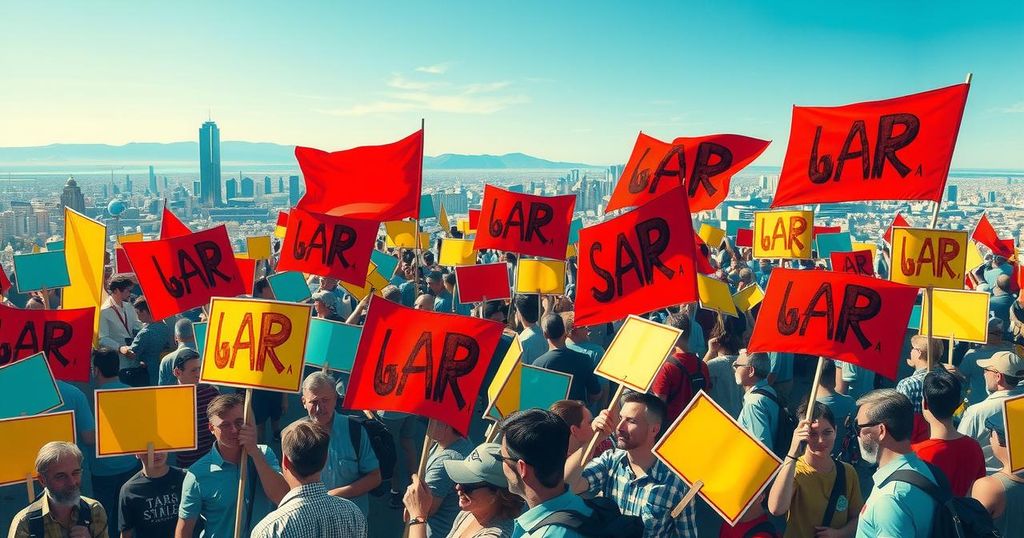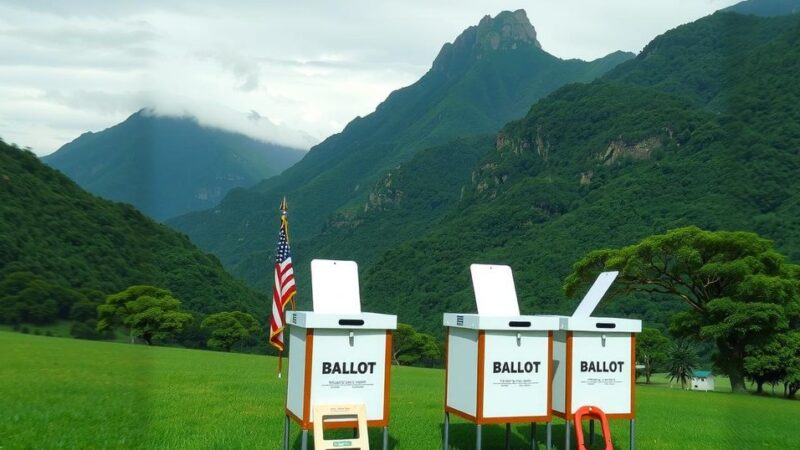Since 2016, anti-government protests have occurred worldwide, involving millions and addressing issues like economic inequality and political repression. This article highlights significant protests including South Korea’s Candlelight Movements, Chile’s Estallido Social, India’s farmer protests, and recent anti-Semitism marches in Germany.
Since 2016, global anti-government protests have mobilized millions, driven by economic inequality, political repression, corruption, and demands for democratic reform. Utilizing data from Statista, this article examines some of the most significant anti-government protests in recent years.
In South Korea, the Candlelight Protests from 2016 to 2017 constituted a pivotal moment for democracy. Sparked by a scandal involving then-President Park Geun-hye and her confidante’s influence over state affairs, these peaceful protests engaged millions of citizens and culminated in the president’s impeachment and removal, marking a historic achievement for South Korea.
The protests in Chile in October 2019 originated from a minor subway fare rise in Santiago but evolved into the “Estallido Social” (Social Outburst). This significant uprising exposed underlying issues of economic inequality and social injustice in Chile, leading to widespread demonstrations that highlighted citizens’ discontent with the political landscape.
In India, 2020 witnessed extensive protests led by farmers from Punjab, Haryana, and Uttar Pradesh against three agricultural laws. These laws aimed at liberalizing farming practices raised concerns about corporate exploitation and the potential loss of existing farmer support systems. The movement gained national and international attention as farmers persisted in their demands for reforms.
The most recent wave of protests occurred in Germany from 2024 to 2025, focusing on rising anti-Semitic sentiment and violence. Thousands marched in Berlin, with support from civil organizations, religious groups, and political entities. The slogans “Never Again is Now” and “No Place for Hate” resonated nationwide, reflecting a collective stance against hate speech and violence across major German cities including Hamburg, Frankfurt, and Munich.
The anti-government protests since 2016 have showcased the global populace’s resilience in addressing economic, social, and political injustices. From South Korea’s Candlelight Protests to India’s farmer movement and Germany’s fight against anti-Semitism, these demonstrations illustrate the universal demand for accountability and reform in governance. They emphasize the power of civic engagement and demonstrative actions in shaping democratic societies.
Original Source: globalsouthworld.com






